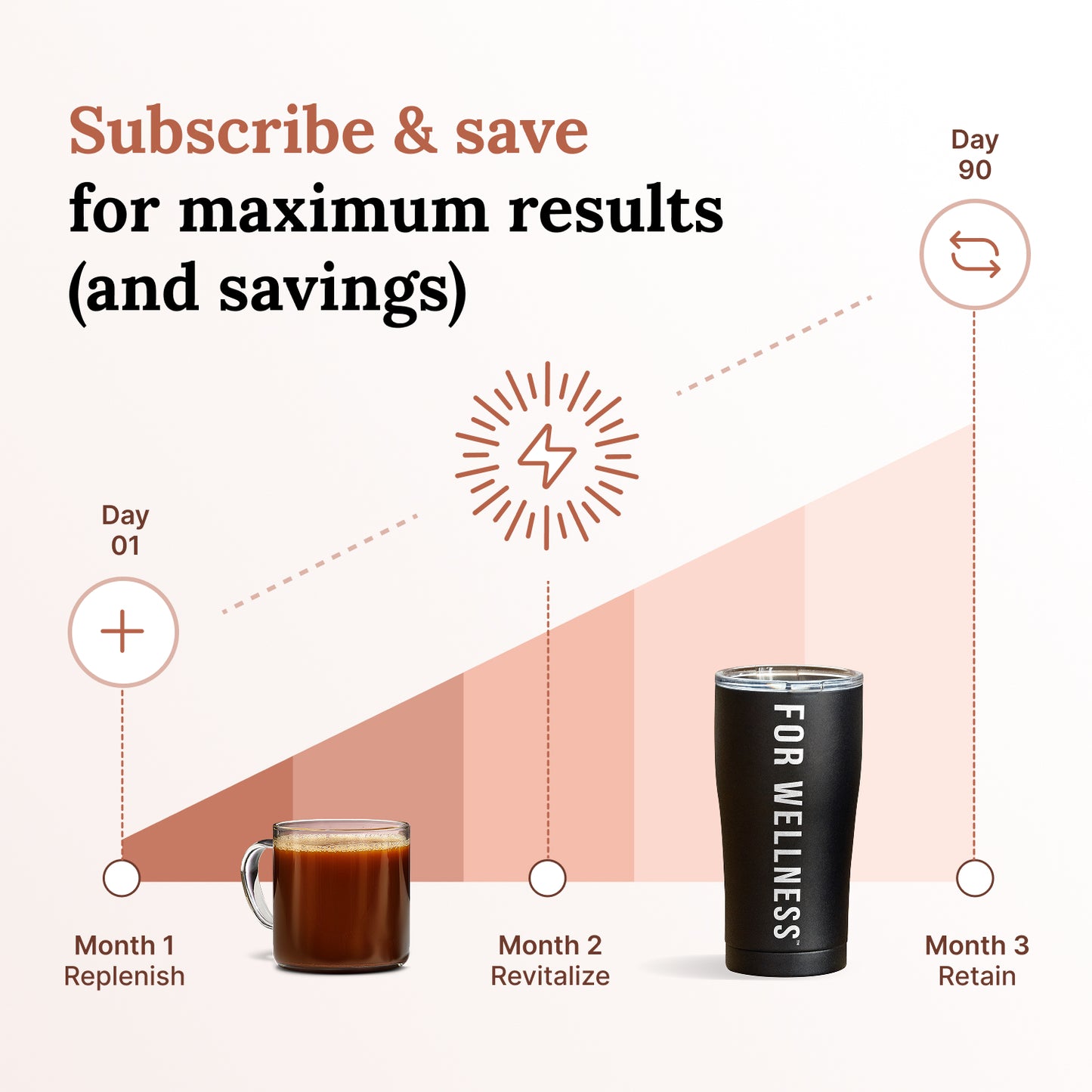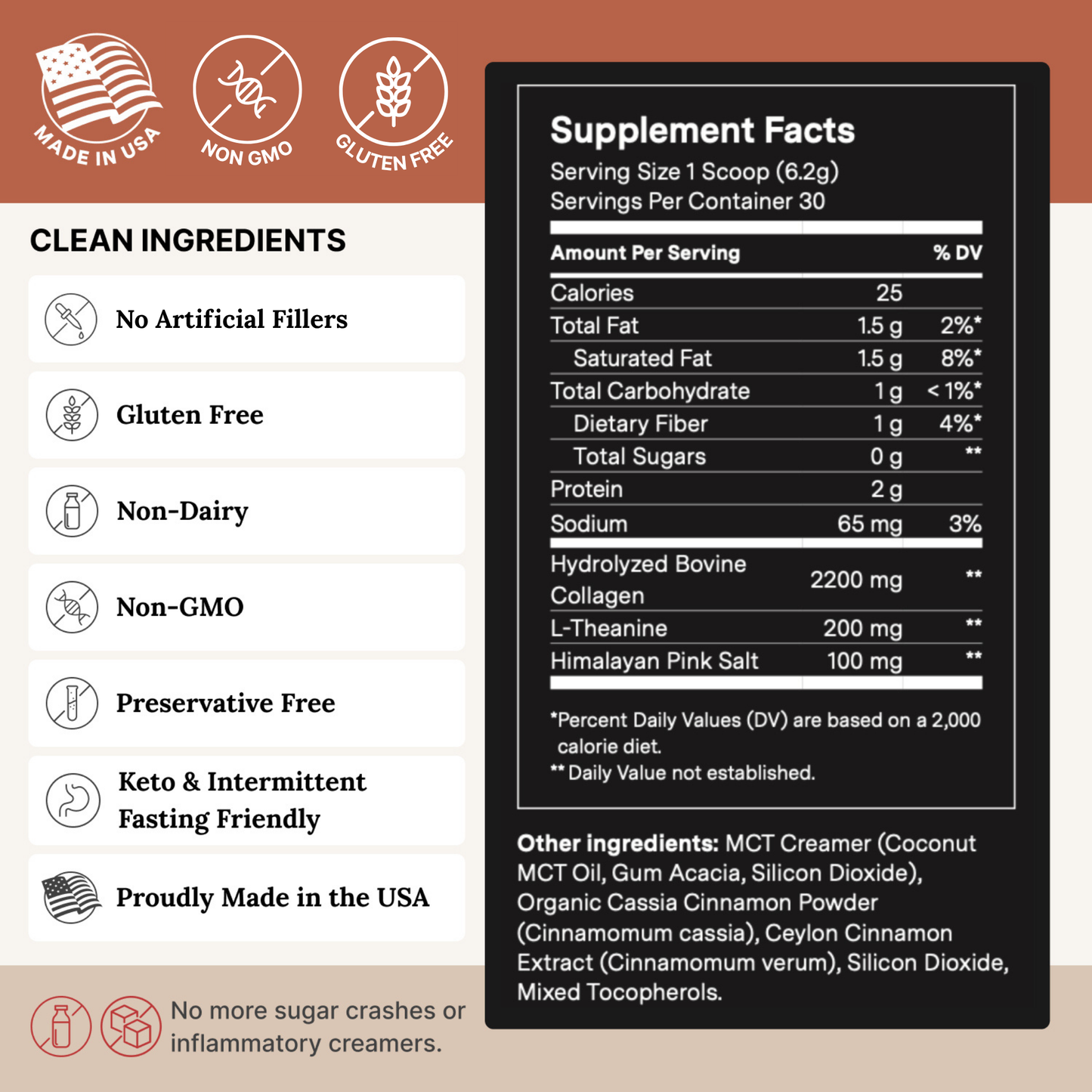Maintaining focus in our hyperconnected world is like navigating a boat through a hurricane. Waves of information, notifications, entertainment, and responsibilities surge in every direction, threatening to overturn your vessel of concentration.
Like a sailor on the open sea, you must learn to focus despite a sea of distractions. If you're not careful, you'll end up stranded on YouTube Island with no productive work to show for it (we've all been there!)
The good news is, there's a process you can follow—like an exercise routine for your mind—to hone your attention span. This guide will step you through that process to focus better, get more done, and feel good about it by the end of the day.
First Things First, What Is Focus?
Focus is the ability to direct your attention toward a specific task while filtering out irrelevant information. It's the spotlight of consciousness, illuminating one aspect of your experience while leaving the rest in shadow.
A brain region called the prefrontal cortex regulates focus and attention control. When people practice concentration techniques like meditation, they strengthen the connectivity of the prefrontal cortex.


The Good Stuff - Focus
-
Stimulates cognitive function and mental clarity.
-
Slow-release energy and mood enhancer.
-
Delicious mocha flavor you have to try to believe.
-
Unique formula, only available at For Wellness.
Tips and Tricks for Maintaining Focus
So, how can you fine-tune your focus? Here are some actionable strategies to fortify your concentration and elevate your productivity.
1. Avoid Multitasking
In a fast-paced world, multitasking seems like a crucial time management skill to tackle an overflowing to-do list. The research, however, suggests that this "skill" isn't so skillful at all.
In reality, trying to do more than one task at a time—checking your email while polishing a business case—causes what's known as “task-switching,” where the brain rapidly shifts focus between tasks. In the study above, this ultimately led to decreased efficiency and more mistakes.
By trying to get more things done, you'll get less done overall. Instead, be savage and focus on a “single-task” for better results.
2. Prioritize and Plan
Effective planning is the key to managing a ballooning task list. Enter the Eisenhower Box, a planning tool named for Dwight D. Eisenhower, the 34th President of the United States and a well-documented productivity geek.
The Eisenhower Box is divided into four quadrants to help you triage your tasks:
- Urgent & important (Do): These tasks need immediate attention and contribute significantly to your long-term goals or values. (For example, a deadline-bound project or can't-miss meeting.) Do them personally and promptly.
- Not urgent & important (Decide): These tasks contribute to your long-term goals and values but aren't time-sensitive. (For example, exercising, creatively planning a book project, or learning a new skill.) Schedule time for these tasks on your calendar.
- Urgent & unimportant (Delegate): These tasks need immediate attention but don't require your specific skill set or input. (For example, responding to certain emails or scheduling certain appointments.) Whenever possible, delegate these tasks.
- Not urgent & unimportant (Delete): These tasks are neither immediate nor do they contribute to your long-term objectives. (For example, unnecessary shopping or agonizing over a social media post.) Delete them.
Dividing your to-dos into these categories reduces cognitive load and helps you concentrate on what matters, one task at a time.
3. Create a Conducive Environment
Your workspace influences your attention span more than you might think. For example, a Princeton University study involving ten people found that clutter can make it difficult to focus on a particular task. More specifically, the researchers discovered that a part of the brain called the visual cortex can be overwhelmed by objects not related to a specific task, making it more difficult to focus and complete projects efficiently.
Other environmental considerations include:
- Natural morning light: Exposure to natural light regulates your circadian rhythm—the internal clock that cues us when to sleep and wake. An aligned circadian rhythm can lead to better sleep, contributing to heightened alertness and energy levels during waking hours.
-
Plants: A series of three studies involving 300 people found that placing houseplants in previously spartan office settings enhanced focus and increased productivity by 15%.Even looking at pictures of nature can help!Liquid error (snippets/shortcode line 110): Could not find asset snippets/shortcode-
- Temperature: Being too cold or too hot can derail your focus. A good rule of thumb? Make sure the work area feels comfortable to you.We know it seems like we're stating the obvious, but it's worthtaking into account!
- Noise: Noise is a distracting stimulus. (Why did the landscapers choose TODAY to send their fleet of lawnmowers??) If you can't control the noise level in your environment, use noise-canceling headphones, earplugs, or play white noise to drown out background sounds.
- Notifications: A barrage of texts, emails, and other alerts—if you can see them—will reduce your concentration ability to that of a Labrador. Here are some tactics to reduce their hold on you:
- Don't work in the same room as your smartphone.
- Use “do not disturb” and other smart settings to disable notifications.
- Don't leave your email open if you're trying to get things done. (Check it as few times as you can get away with.)
The best tactic, though, is to shift your mindset. You don't have to respond to every text immediately, nor read every news story. The world can wait. (Note: have a method for loved ones to reach you in an emergency. Most smartphones allow you to safe-list specific contacts to come through no matter what.)
4. Take Breaks
Pushing for hours and hours isn't an optimal productivity strategy. A study involving 66 surgeons found that taking 1.5-minute “micro-breaks” every 20 to 40 minutes while working on patients improved the doctors' focus by 38%.Similar results have been found in meta-analyses.
If you're looking for a “micro-break” schedule to try, many people swear by the Pomodoro technique, which recommends taking a 5-minute break after every 25 minutes of focused work. After four rounds, take a longer 30-minute break.
5. Exercise Your Brain
Your brain is like a muscle—the more you use it, the stronger it gets. Regular mental exercise strengthens neural pathways and enhances your ability to focus.
Aim to cultivate hobbies that require sustained mental engagement, such as doing puzzles, reading, meditating, and learning new skills. Ever thought about learning to play the guitar? Here's an extra incentive: research suggests that those who play musical instruments have better memory, focus, and attention.
6. Get Enough Sleep
Sleep isn't a luxury—it's a necessity for optimal brain function and overall well-being. Research consistently underscores the intricate relationship between sleep and mental acuity, highlighting how a lack of quality sleep can impair focus and hinder the ability to process information efficiently.
In fact, being awake for 24 hours creates a similar cognitive effect as having a blood alcohol level (BAC) of 0.10% (above the U.S. drunk driving limit of 0.08).
What should you do? Strive for 7-9 hours of quality sleep each night, maintaining consistent sleep and wake times.
Psst!: Learn tips for better sleep here.
7. Stay Hydrated and Nourished
With the brain around 75% water, even minor dehydration can impact cognitive functions like focus and attention.Stay hydrated by drinking to thirst and replacing fluids and electrolytes lost through sweat.
Similarly, the brain requires high-quality nutrition to function optimally. Here are a few brain-boosting all-stars to include in your diet:
- Fatty fish: Fish like salmon, sardines, and mackerel are great sources of omega-3 fatty acids, which support learning, memory, and overall cognitive health.
- Blueberries: This small but mighty berry has been shown to improve communication between brain cells.
- Turmeric: Research suggests that this bright root helps new brain cells grow.
- Broccoli: This veggie is high in vitamin K, which is essential for forming sphingolipids, a type of fat that's densely packed into brain cells.
- Dark chocolate:Not only is it delicious, dark chocolate is packed with brain-boosting compounds, including flavonoids, caffeine, and antioxidants.
-
Coffee: The caffeine in coffee supports alertness and concentration.Liquid error (snippets/shortcode line 110): Could not find asset snippets/shortcode-
To take your mental game up another notch, try The Good Stuff™ Focus—a delicious, mocha-flavored powder that's perfect for coffee, smoothies, and tea. Made with science-backed focus boosters like L-theanine, theobromine (cocoa extract), MCTs, and other functional ingredients, this tasty powder gives you the edge you need to crush your task list.
And for anytime fuel, grab our Superfood Focus Bites. Made with lion's mane mushroom and guarana seed, these chewy brownie bites trigger the production of neurotransmitters in the brain that produce calm and concentration. They help our co-founder and golf legend Phil Mickelson stay focused on the golf course—and they can help you too.
A Final Word on How to Stay Focused
A sea of distractions—digital and otherwise—conspire to disrupt your focus. Without a plan to navigate them, your important tasks (finishing that presentation, writing that book, redoing that website) will never get done.
For better focus and productivity, use what you learned today:
- Avoid multitasking (it's a myth!)
- Prioritize and plan your to-do list
- Create an environment that's conducive to focus
- Take “micro-breaks” throughout your workday (a 5-minute break after every 25 minutes of focused work is a good starting point)
- Provide your brain with regular mental exercise (puzzles, meditation, learning something new, etc.)
- Keep your brain well-hydrated and nourished (The Good Stuff™ Focus and Superfood Focus Bites are tasty and effective brain-boosting additions!)
Pick 1-3 of these strategies and implement them today. A less distracted mind is a happier mind.















